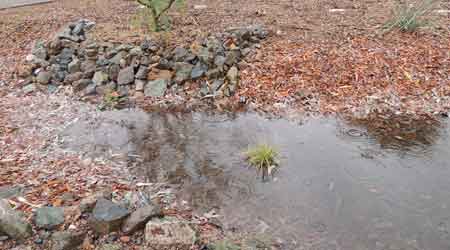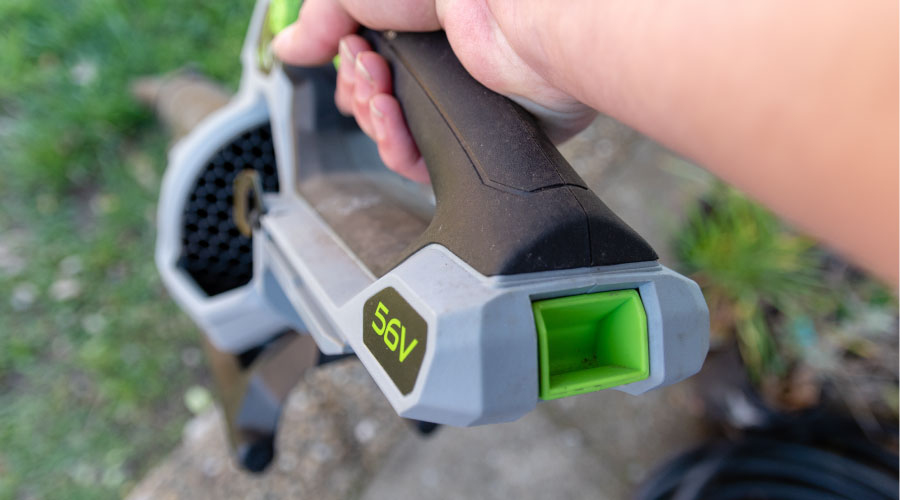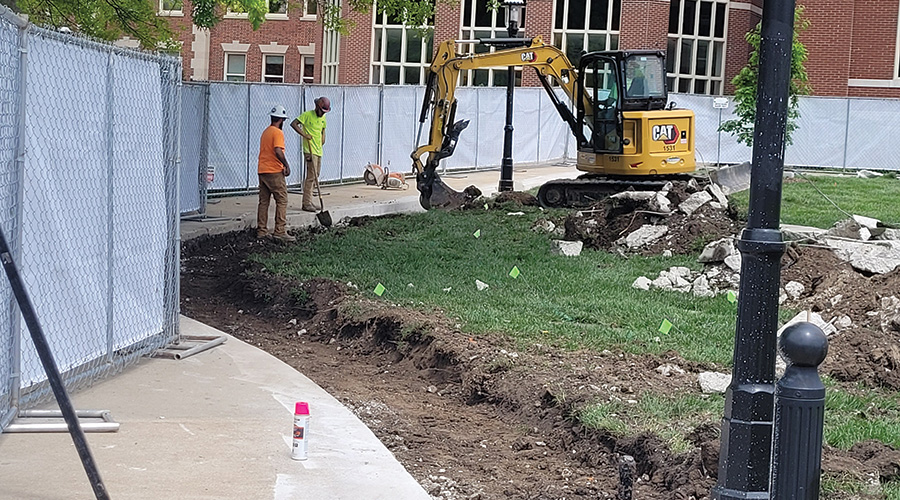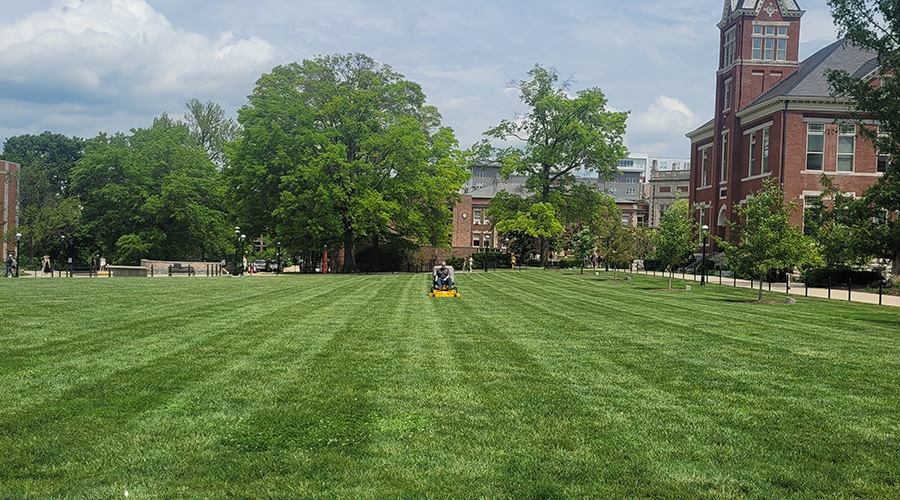2. Reduce, Reuse, Repurpose Water
Part 2 of a five-part article on sustainable landscapes
To reduce water and fertilizer use, aeration, and the need to mow, managers can limit turf irrigation to those areas that people actively use. Auditing irrigation systems also can maximize their efficiency and curtail water use and waste.
Reduce the use of treated water, as well as the chemicals and extensive distribution systems that are associated with it, by collecting rainwater or using graywater to irrigate landscapes.
Reducing pruning to only as needed can improve plant vigor and health. One of the toughest challenges is changing perceptions about aesthetically pleasing landscapes. Many people traditionally had defined an attractive landscape as one where nature has been beaten into submission — meatballed shrubs, perfectly mowed bluegreen turf, and vibrant colors associated with lush flowers and plants. One way to publicly demonstrate a commitment to sustainability is to renovate existing landscapes to be more native, less manipulated and wilder in appearance.
Reusing and repurposing requires creative thought and potentially more effort because it does not involve throwing something in a trash or recycling bin for someone else to haul away. Instead, managers need to use materials in construction that can be deconstructed and replaced or reused, such as segmented pavers and curbs, rather than solid-concrete slabs or asphalt. If an irrigation or sewer line breaks under pavers, crews simply remove the pavers, make the repairs, and replace the pavers.
Gaps between permeable pavers allow water to infiltrate the subsoil, recharging the water table and filtering pollutants from the runoff. They also have been proven to stay warmer in winter, reducing the need to plow snow and use deicing sand or salt. Maintaining permeable pavers’ ability to absorb storm water runoff requires periodic vacuuming, which removes fine material that can clog pores.
Departments can repurpose dead plant material by composting landscape and organic waste, which is an effective natural fertilizer for landscapes and local food-production areas. Compost also promotes microbial action in topsoil, which assists in sustaining healthy plant material. Crews can chip branches on site to produce mulch they can use instead of rock to reduce soil moisture loss and weeds, as well as to improve soil structure.
Related Topics:
















